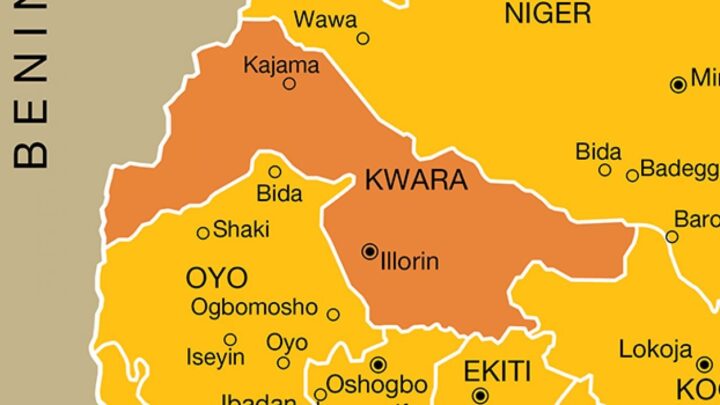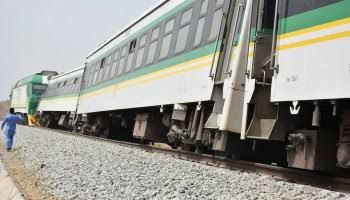RIPPLES NIGERIA
The letter, read in part: “Rather than exercising its oversight functions to check the persistent borrowing by President Muhammadu Buhari, and scrutinising the apparently unlawful overdrafts and loans obtained by the Federal Government from the Central Bank of Nigeria, the National Assembly is increasing its own budget.
“This outrageous waste of public money would substantially increase the cost of governance, and exacerbate the debt crisis. It is unlawful, and unfair to the Nigerian people.
“We would be grateful if the recommended measures are taken within seven days of the receipt and/or publication of this letter. If we have not heard from you by then, SERAP shall take all appropriate legal actions to compel you and the National Assembly to comply with our request in the public interest.
“The budget should reflect national development priorities, and not serve as a tool to satisfy the lifestyle of lawmakers or provide them with severance payments or parting gifts.
“SERAP is concerned that the National Assembly budget of N228.1bn is higher than the statutory transfer to the Universal Basic Education Commission [UBEC] which is N103.3bn.
“The increase in the National Assembly budget, including the unnecessary proposed spending of N30.17bn on ‘severance payments’ and ‘inauguration expenses’ is a fundamental breach of the Nigerian Constitution of 1999 [as amended] and the country’s international human rights obligations.
“It is unjustifiable and unreasonable for the National Assembly to arbitrarily increase its own budget when the Federal Government and many of the 36 states are clearly in debt distress or at high risk of debt distress.
“The National Assembly budget of N228.1bn would increase the country’s borrowing and debt crisis. Growing debt burdens and debt repayment difficulties will have negative impacts on the ability of poor and vulnerable Nigerians to enjoy basic socio-economic rights.
“Long-term unsustainable debt can be a barrier to the government’s ability to mobilize resources for human rights, and may lead to taxes and user fees that impact negatively on poor and vulnerable Nigerians.



